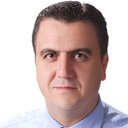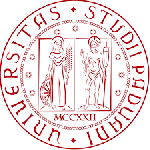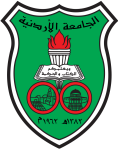ABOUT US




RESERVOIR project is dealing with: the understanding of the hydrogeological properties, their spatial heterogeneous distribution and their changes in the time in the targeted areas through Earth Observation technique; the implementing numerical groundwater flow and geomechanical models to forecast the future response of aquifer systems to stresses, including those related to climate changes; the knowledge and understanding of the current groundwater users (tourism vs. agriculture).
Period of Implementation
Mar 1, 2020 - Feb 29, 2024
Total Budget
EUR
1,240,000.00
.png)



.png)









